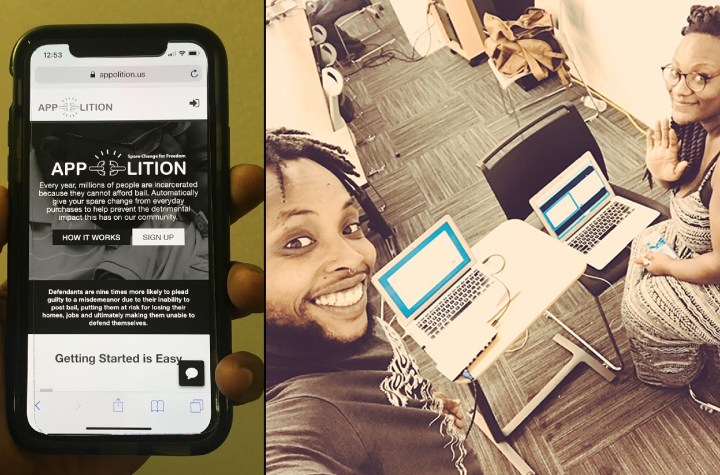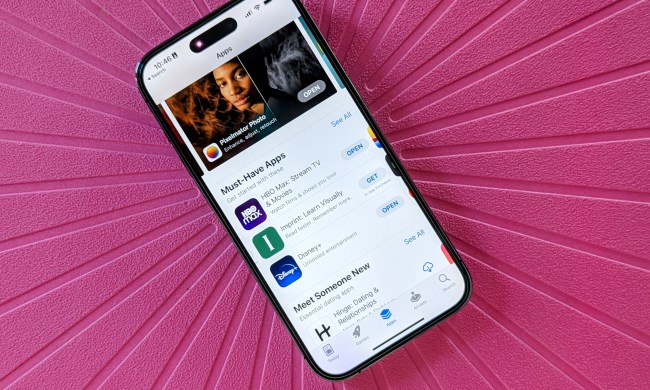
Well, to paraphrase an iconic Apple commercial, there’s now an app for that. Called Appolition, the idea is that it is linked to a user’s bank account. Whenever they make a payment — either via debit or credit card, or even PayPal — the price is rounded up to the nearest dollar. That spare change is then donated to a grassroots organization called National Bail Out, which provides funds to black Americans who are being held on bail that they cannot afford.
“Appolition is the first technology built to crowdfund bail and has been extremely well received by thousands,” Dr. Kortney Ziegler, co-founder of Appolition, told Digital Trends. “Appolitionists range from community activists, elders who have never used an app before, legislators in the field of bail reform to celebrities who publicly evangelize the product. This wide range of early adopters share one common belief: That the money bail system is unjust and unfair.”
Appolition came into being after Ziegler posted the idea on Twitter in July 2017, describing “an app that converts your daily change into bail money to free black people.” After this, Ziegler and co-founder Tiffany Mikell put up a landing page to solicit support from people interested in helping to bring the product to market. “We eventually partnered with two black founders and worked over four months to conceptualize the branding and develop the functionality of Appolition,” she continued.
The app was launched late last year to great success. Within its first 24 hours, 200 users had signed up to the service. “We are now at seven thousand signups and are collecting thousands in spare change daily to support the efforts of National Bail Out campaign,” Ziegler said. If you want to get involved with a worthwhile social cause, you can sign up now to begin your donations.


